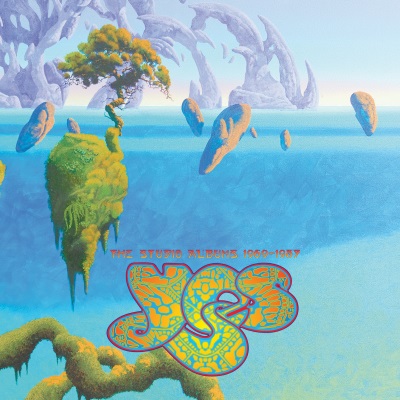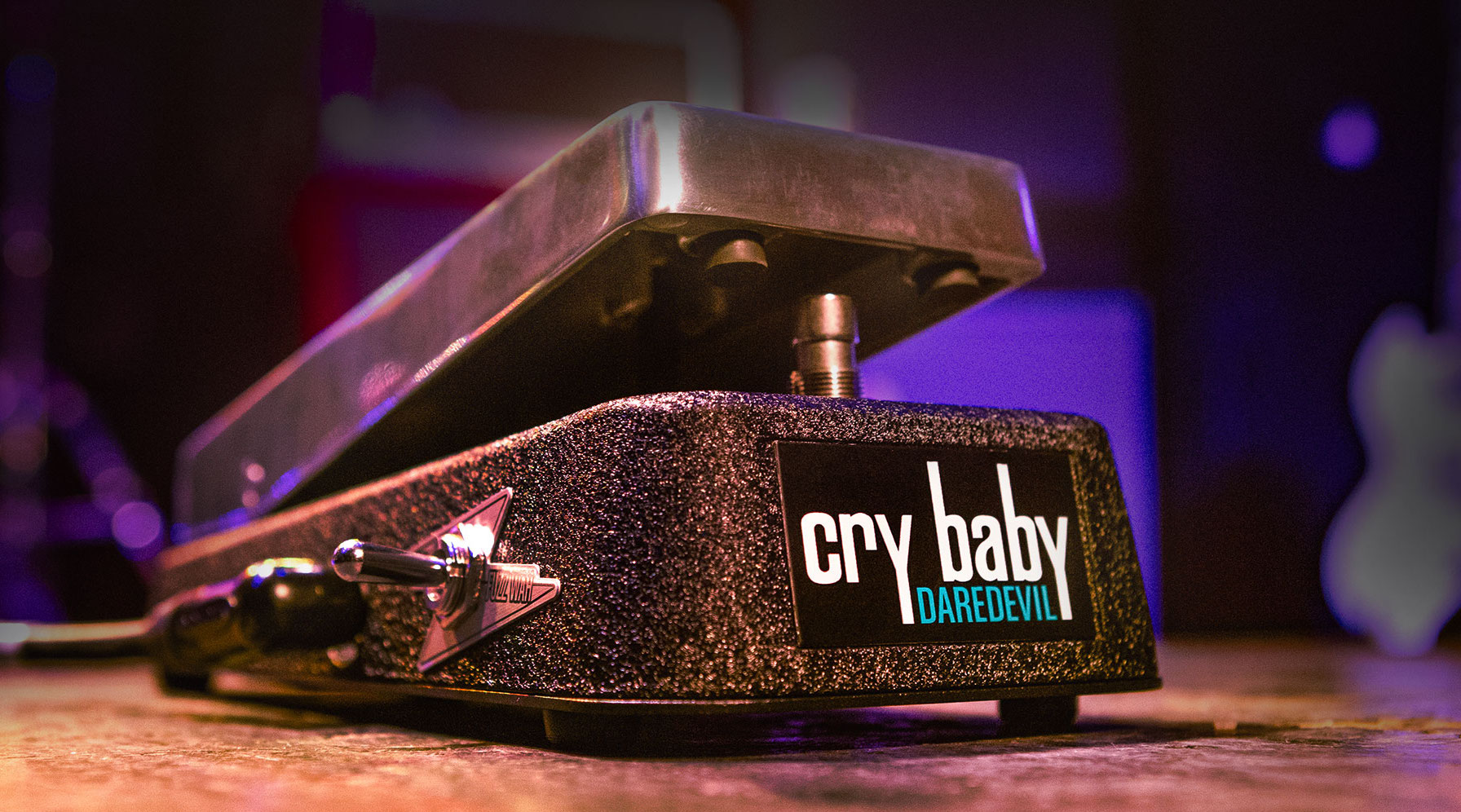Yes: The Studio Albums 1969-1987 Boxed Set Available On December 24

The most successful and influential progressive rock band in the world, Yes will celebrate its prolific tenure at Atlantic Records with a new boxed set that contains all 12 of the studio albums they recorded with the label. Each one features the remastered sound and bonus tracks that originally appeared in 2003 and 2004, when Rhino's reissued the band's catalog.
The collection spans nearly 20 years of music over the course of 13 CDs and includes the albums that earned Yes an international following and helped the English group sell more than 30 million (and counting) albums. Roger Dean, who illustrated many of Yes' iconic album covers through the years, created the new artwork for the clamshell box that houses the music, making this set instantly recognizable to any Yes fan. A fold-out poster of Dean's new art is also included. The set marks the American debut of the expanded and remastered version of Big Generator, which was previously available only in Japan.
Yes: The Studio Albums 1969-1987 will be released on December 24 for a suggested list price of $74.98. A digital version will also be available.
Bassist Chris Squire, singer Jon Anderson and drummer Bill Bruford started Yes in 1968. The following year, the group released its self-titled debut, mixing original material with totally reworked versions of song by groups like The Byrds and the Beatles.
The band's sound evolved quickly as its songs became more ambitious, adopting a more symphonic approach to the music and exploring more enigmatic themes with its lyrics. Yes' dynamic sound resonated with fans around the world during the 1970s, when the group enjoyed both critical and commercial success with a string of now-classic albums: The Yes Album (1971), Fragile (1971), Close to the Edge (1972), the double album Tales from Topographic Oceans (1973), Relayer (1974) and Going for the One (1977).
During that time the band featured Squire, Anderson, Bruford, guitar virtuoso Steve Howe and drummer Alan White. Several different keyboardists also played on those albums, including Tony Kaye, Rick Wakeman and Patrick Moraz.
In the decade that followed, Yes's success continued to grow as its sound and line-up continued to change over the course of three albums. Singer Trevor Horn and keyboardist Geoff Downes of the Buggles replaced Anderson and Wakeman for one album, Drama (1980), which boasted a heavier sound.
All the latest guitar news, interviews, lessons, reviews, deals and more, direct to your inbox!
Anderson and longtime keyboardist Tony Kaye both returned in 1983, appearing on the immensely successful album 90125, which also featured the debut of guitarist Trevor Rabin. The record produced the band's #1 song, "Owner of a Lonely Heart," plus several other radio hits, "It Can Happen," "Changes" and "Leave It." An instrumental track from the album, "Cinema" would go on to win the Grammy for Best Rock Instrumental Performance in 1985.
Big Generator, the band's final album with Atlantic Records, was released in 1987. Until now, the remastered and expanded version was only available in Japan. The album produced two radio hits, "Love Will Find a Way" and "Rhythm of Love." Several versions of those songs are among the album's five bonus tracks, including edited and extended versions of "Love Will Find a Way," and three different mixes of "Rhythm of Love."
Yes: The Studio Albums 1969-1987 Album Listing
Yes (1969)
Time and a Word (1970)
The Yes Album (1971)
Fragile (1971)
Close to the Edge (1972)
Tales from Topographic Oceans (1973)
Relayer (1974)
Going for the One (1977)
Tormato (1978)
Drama (1980)
90125 (1983)
Big Generator (1987)
